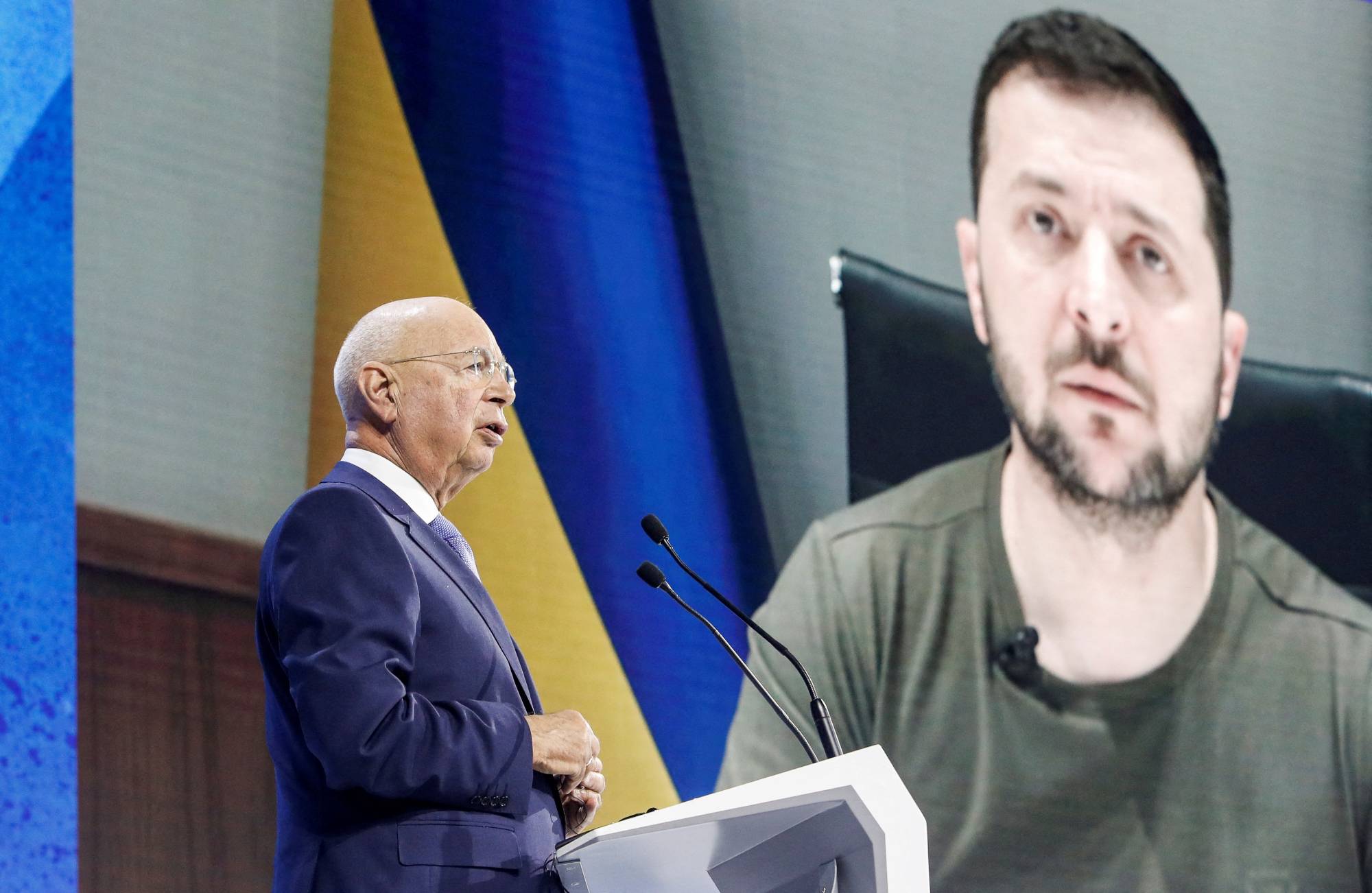“Davos Man” has had a grim 14 years. The late Harvard University political scientist Samuel P. Huntington popularized the term in 2004 to describe a new overclass of evangelists for globalization.
Davos Man, he claimed, wanted to see national borders disappear and the logic of politics superseded by that of the market. But since the 2008 global financial crisis, politics has increasingly trumped economics, a trend that reached its apotheosis in 2016 with Donald Trump’s election in the United States and the Brexit referendum.
Both events represented a backlash against Davos Man’s vision of a frictionless world governed (not run) as efficiently as possible by “multistakeholder processes.”



